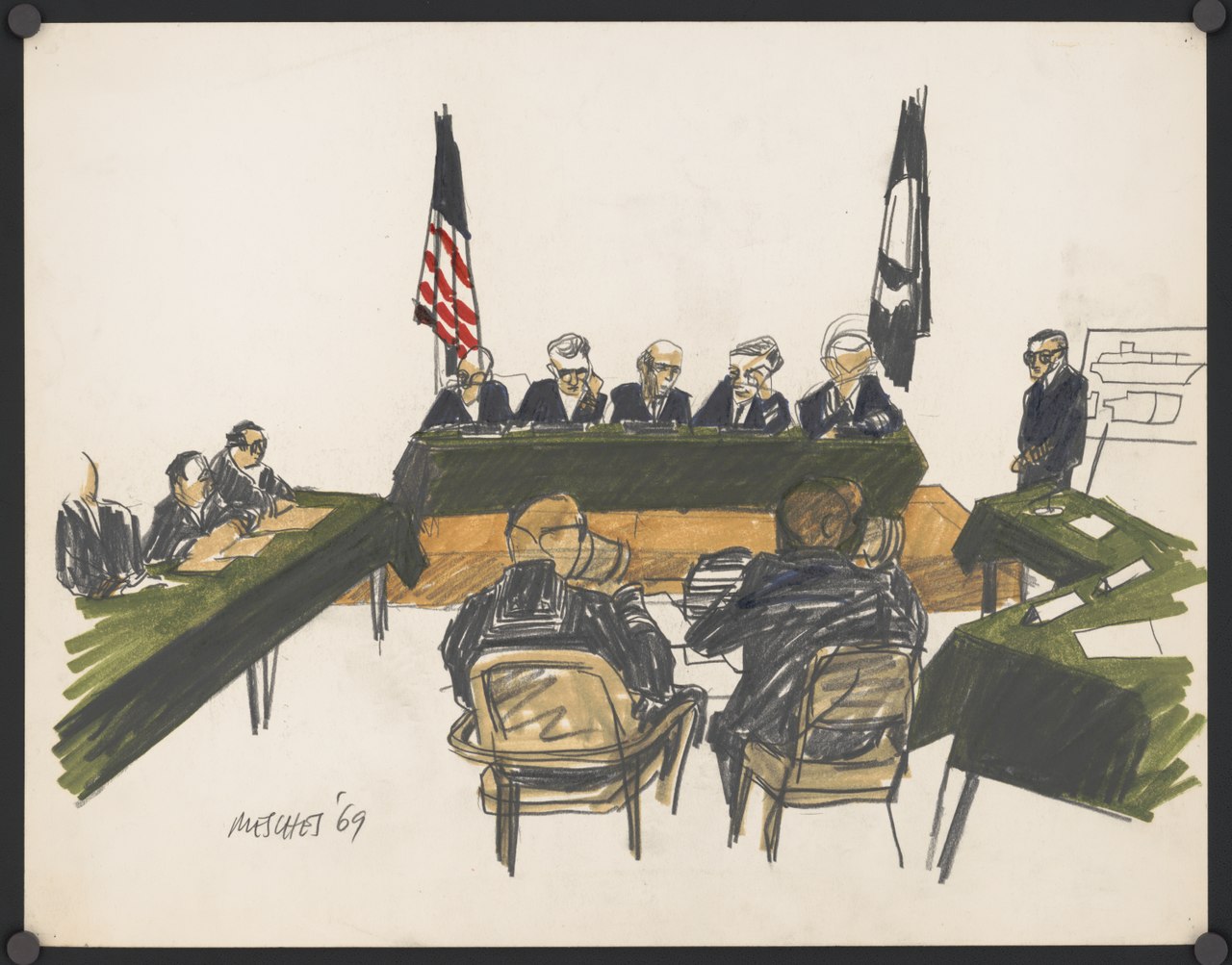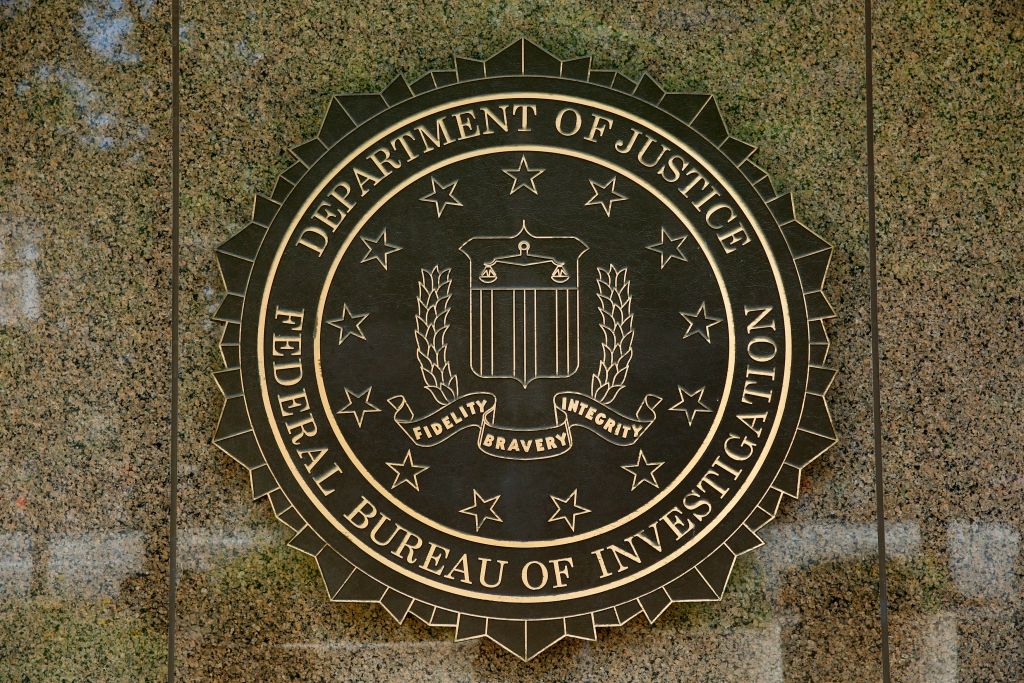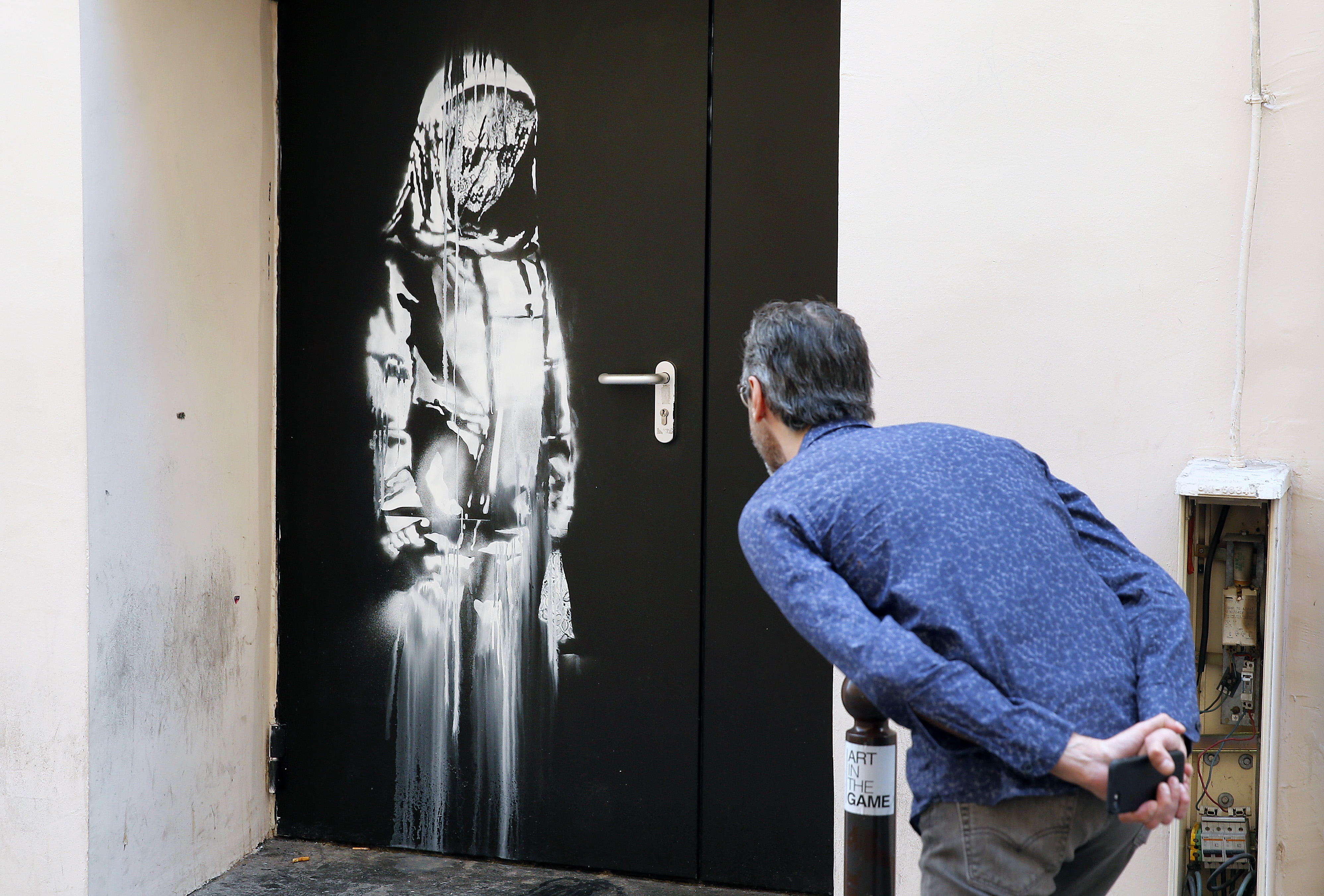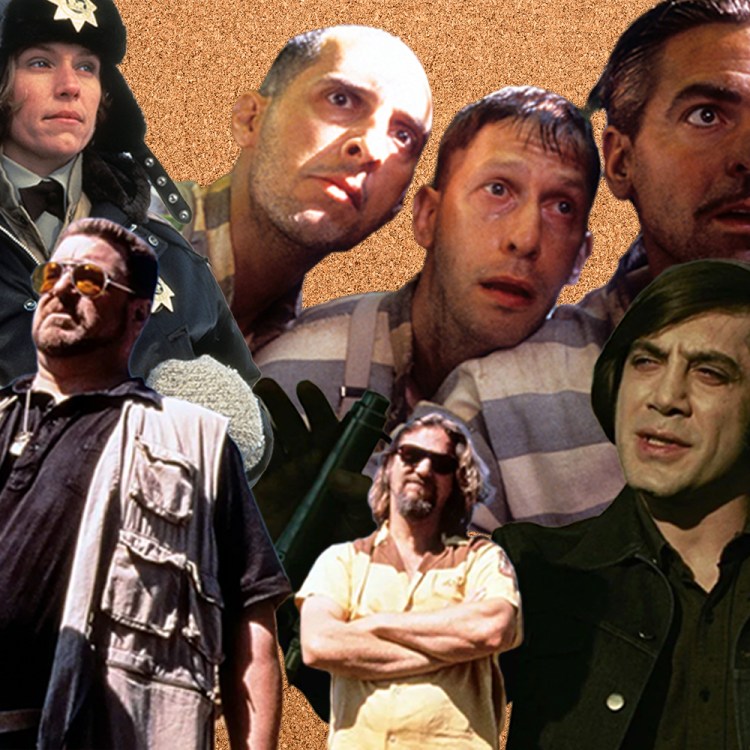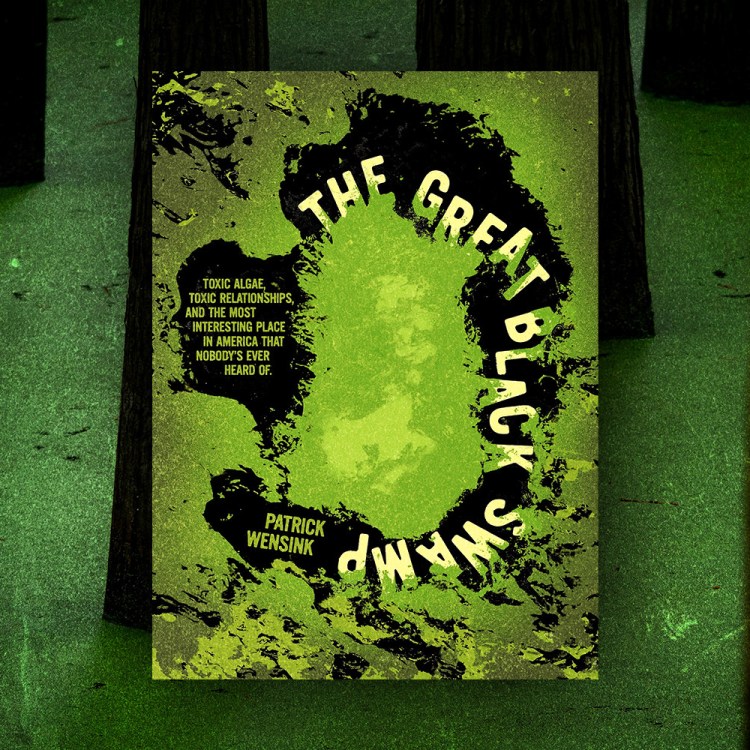It’s been over a decade now since George W. Bush left office, but some of the political debates that raged during his administration are still flashpoints for heated conversation. Onetime FBI agent Ali Soufan was highly critical of the CIA’s “enhanced interrogation” methods, and wrote about his own experiences in counterterrorism in the early 2000s in a memoir, The Black Banners.
The book was first published in 2011 to critical acclaim. That said, there was one matter which frequently came up when discussing the book: portions of it remained classified. Dina Temple-Raston’s review of the book for The Washington Post noted that large sections of one part of the book were redacted.
“Among other things, the CIA appears to have required Soufan to redact any reference to himself — so the words ‘I’ and ‘me’ and ‘our’ and ‘we’ are all blacked out,” Temple-Ralston wrote. “The exercise seems a bit futile since these words can be supplied from the context.”
A new article in The New York Times notes that Soufan’s book has recently had an unexpected second life: the CIA has declassified certain sections of it, and a new edition of the book is slated for publication in September. The title of the new edition? The Black Banners (Declassified): How Torture Derailed the War on Terror After 9/11.
The article, by Charlie Savage and Carol Rosenberg, details how this new edition came to be. It follows, among other things, a lawsuit filed by filmmaker Alex Gibney and journalist Raymond Bonner. In light of the lawsuit, the CIA revisited their earlier redactions and concluded that much of what had been redacted could be declassified.
For those looking for a clearer sense of the CIA’s use of torture, it certainly sounds as though more details will be revealed in the 2020 edition of Soufan’s book — as well as an even clearer argument against torture.
Subscribe here for our free daily newsletter.
Thanks for reading InsideHook. Sign up for our daily newsletter and be in the know.

